Social Media And Its Effects On Humanity
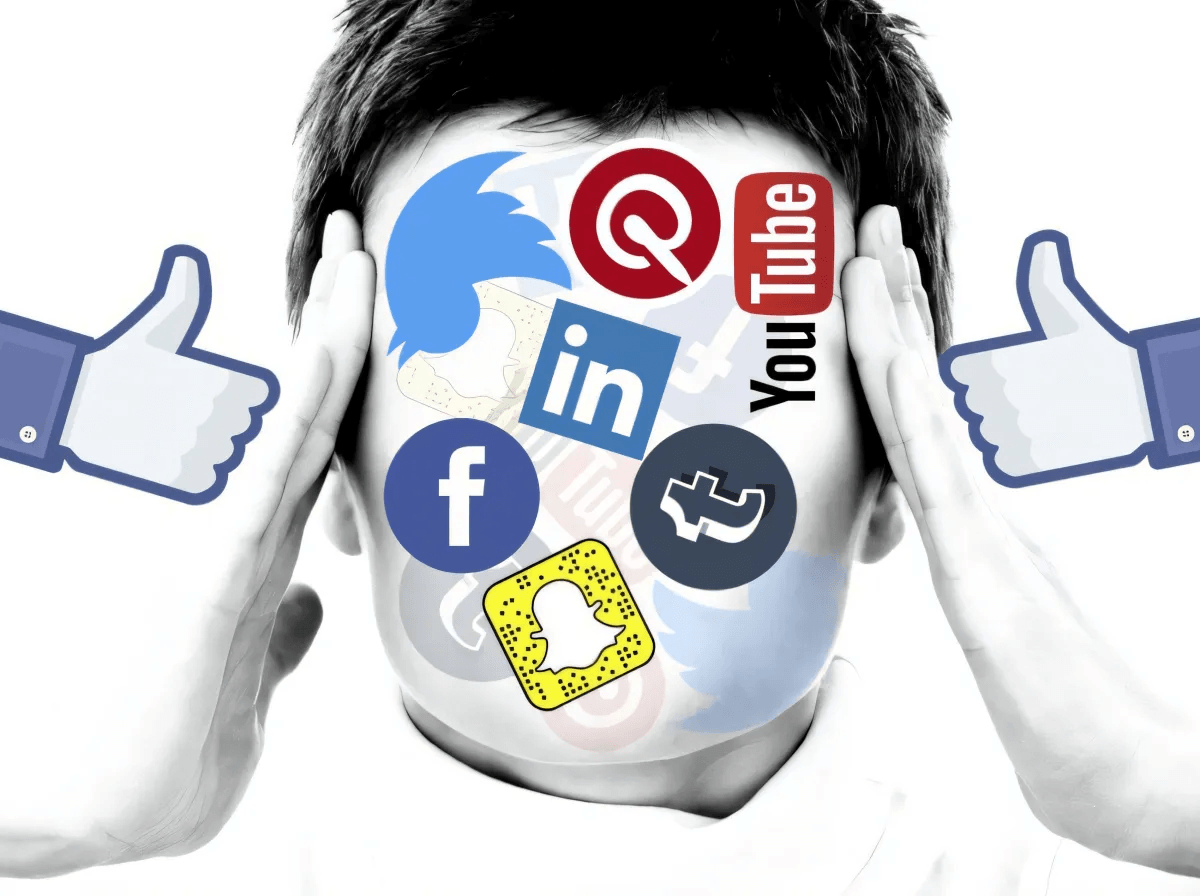
I feel compelled to muse on the negative effects of the digital phenomenon that has followed us for the better part of fifteen years: social media. Facebook, Instagram, Snapchat; all powerhouses of technology that have changed the way we communicate, think, feel, even move, forever.
The main argument for social media is connectivity. People we’ve lost touch with over the years or want to maintain relationships through distance. Never before has it been so easy to communicate with loved ones or business associates, all at the touch of a button, all around the world without the need for a paper trail of snail mail.
By and large, this is a good thing: for people isolated or far away for whatever reason, I’d imagine that social media is a godsend and great comfort for people who use it properly for its originally intended purpose. But the founders and creators corrupted that need for commercial and advertising gain.
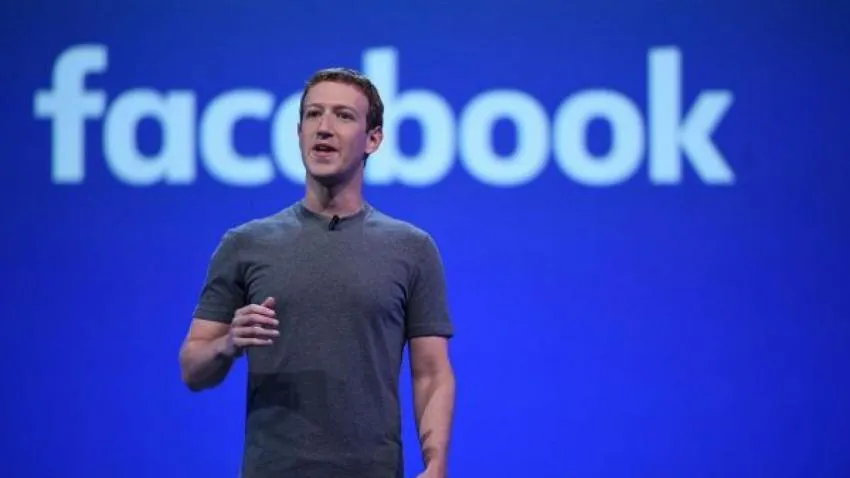
It’s no secret that social media has become so ingrained in our society that while we have heard terms like “data mining” and vaguely know what it means, we allow it to continue because we’re so reliant and literally addicted to it. I say “literally” because Facebook in particular has algorithms that detect the things you search for, look at the longest, and express the most interest in. It targets topics it knows you like and puts them at the forefront of your media feed.
Not only through Facebook either. I guarantee that if you’re using Facebook on your phone, it definitely data mines your Google search history, and now even your 'private' Whatsapp conversations to pick up keywords in your chat to target how to advertise to you. It also, as well as Amazon, uses your phone’s microphone to listen to your conversations and pick up keywords to advertise. And the worst thing about it is: we all know about it.
We’ve all experienced or heard stories of people who for instance have said “washing powder”, and then lo and behold the next thing they see on Facebook is an advert for washing powder. Completely random phrases that then appear on some sort of news feed are no coincidence. It’s all linked as well: Instagram, Whatsapp, Snapchat, all fall under the Facebook umbrella somehow. So why is it allowed to happen? Why do we allow it?
The answer to that is that the makers of Facebook know that they’ve got us cornered if we want to keep in touch with our friends and relatives. Me personally I think it’s the fear of missing out. (In fact, 'FOMO' is now a coined term for just such an occasion).
It’s where I see the majority of the news: world events appear on there quicker than on television. Time and again I’ve deleted my Facebook accounts or just the app in a sudden rush of moral outrage (which is what’s driving me to write this right now), only to come back, at longest two weeks later, tail between my legs to become a slavish sheep again.
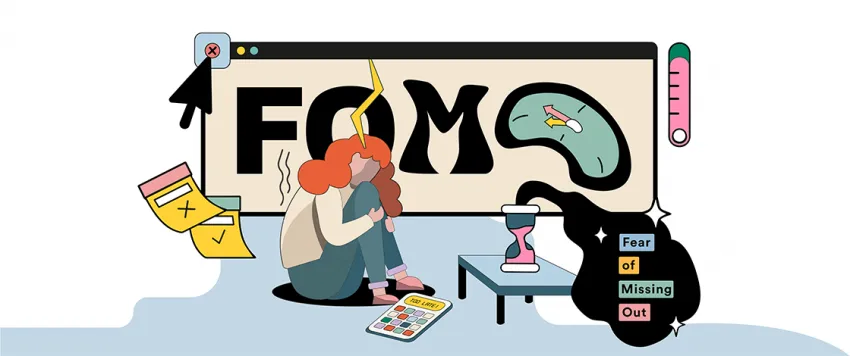
Why? It’s because Facebook in particular has completely monopolised how we communicate with each other. If you disappear off Facebook, you’re potentially missing important messages from work colleagues or party invitations and group chats you need to be involved in. You become an alien. You become a hermit. You become a pariah.
Those little notification pings, that little red circle with a number in it, are designed to release the pleasure chemical dopamine and give us that little bit of attention satisfaction. The notifications in question don't even have to befriend comment-related: sometimes they're just reminders about friends' stories if Facebook thinks you're slacking off to reel you back in with that sweet sweet dopamine.
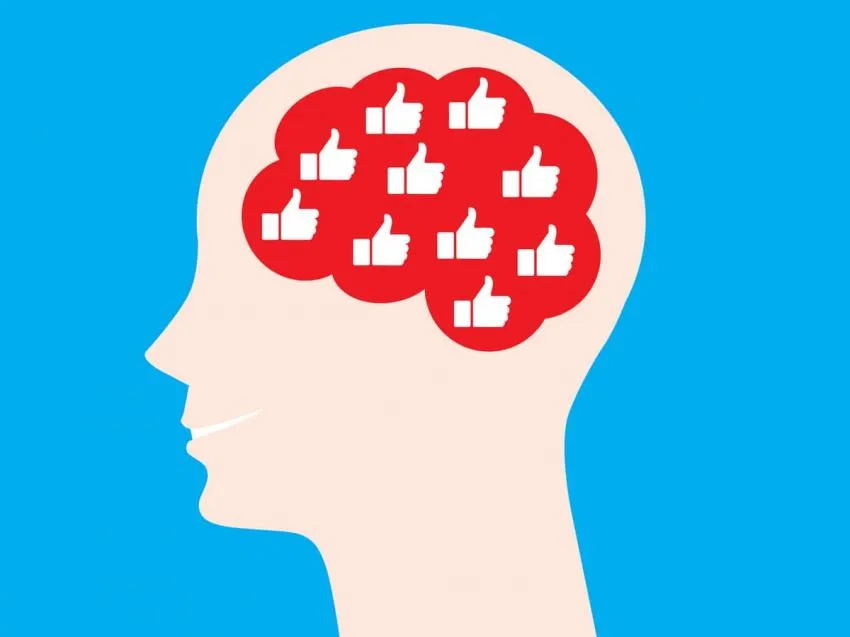
Social media has completely changed our actual social skills, our perceptions, and our standards. We get to project only the best versions of ourselves: filtered holiday photos so we look younger and prettier, filters that make it look like the day was sunnier in the background, and tag ourselves in faraway places that make our lifestyles look like we’re constantly jet-setting. Basically, we filter real life and pretend our realities are greater than they are.
This, in turn, I believe, makes others feel miserable. I’m only going to touch briefly on the dark topic of cyberbullying and teen suicides, but I feel so sad and angry that anyone from the younger generation has to feel any less than they are. All because they’re seeing their peers have relationships and holidays and feel like they need to compare themselves and their own situations against fake projections.
I’m not having a go at people who use Facebook to say where they are or post-holiday pictures: sharing is the whole point and I admit I do it myself so I’d be a hypocrite, but the point is we only ever project the best of ourselves. No one wants to see the anecdote that we’ve been stuck in traffic for hours, the cat got sick on the carpet, we’ve lost our wallets and our clothes have shrunk in the wash.
It’s just not interesting or cool enough. Holidays and good times are only about five percent of the average person’s daily lives, but those of us who can’t afford to get away, or are socially awkward are made to feel worse about themselves.
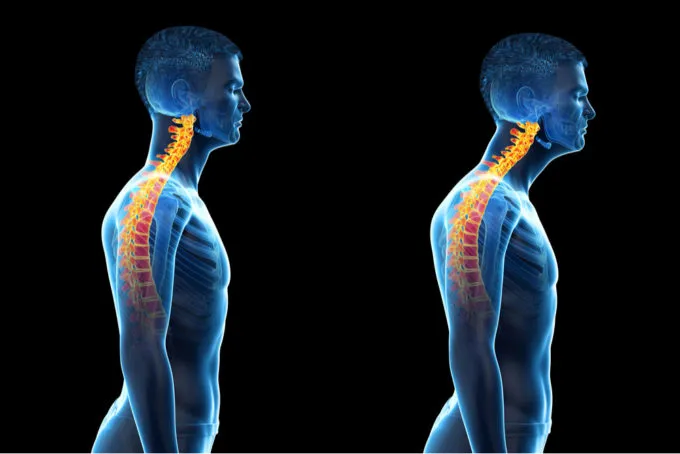
I mentioned at the start that social media has changed the way we move forever. The effect on our bodies is that our posture is worsening. On our phones, slouched so our lungs aren’t fully expanding when we breathe; head tilted forward, all affecting our neck muscles.
The human head weighs about the same as a small bowling ball and is supposed to be supported by our neck and shoulders. Doctors have coined the term “nerd neck” for this forward head posture. Our hands are cramping because our little fingers are crooked awkwardly to hold our phones in place as we scroll through mundane dross.
The worst thing is the irony of the name “social” media. We’ve never lived in a time that’s been more antisocial. Every canteen, school, pub, restaurant, living room, is full of people with bowed heads scrolling on their phones, looking at what’s happening in other people’s lives when they could be talking to them.
The problem is that on your phone you can edit something you say to sound cleverer than what you are. You can think of a reply for any length of time, but you can’t edit what you say in a face-to-face conversation.
Even on Facebook itself, we daren’t reply to comments because we know that all our friends and family will see what we’ve put. Filtering ourselves even further. Nobody dares to disagree or post anything negative for fear of how they’ll be perceived by strangers. The next generation is socially paralysed, so what can we do about it?
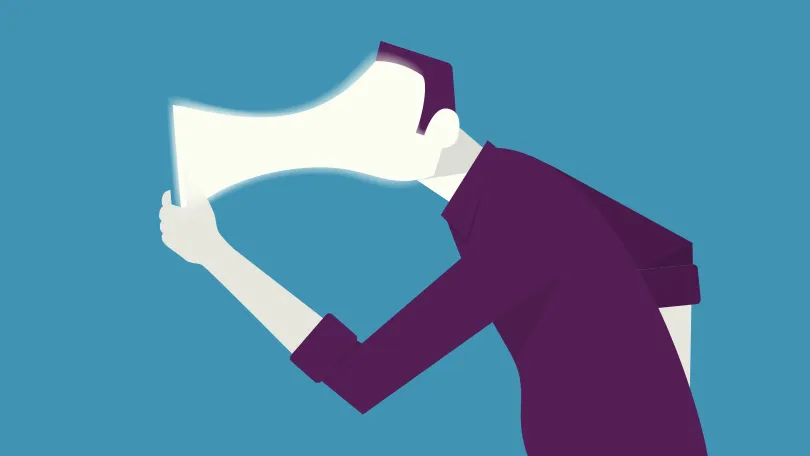
There are no boycotting social media, there’s just no way that can happen now. For reasons stated at the beginning, it’s too important to a lot of people now, and the younger generation will kick and scream because it’s just too addictive. It's also the quickest and easiest way for marketing and advertising products and companies.
To conclude, we could always ring or text when we want to talk to someone. Whatsapp might data mine, and no doubt they listen to conversations through the microphone, but you can always try not to feed a digital leech that already knows too much about you.
Turn off as many social media permissions on your phone as you can, and try to limit your time to 10 minutes a day. Hint: if you start seeing things you’ve already seen on the screen, stop scrolling, and put your phone back in your pocket.
Look up at the people around you: your family in the living room, the people on the bus, your friends at school, work colleagues in the canteen. Say hello. I guarantee you’ll learn more and have a more interesting time than looking at cat gifs.
Opinions and Perspectives
Looking forward to seeing how future generations handle this digital landscape we've created.
I appreciate how the article balances criticism with practical solutions.
Maybe we need to start treating social media addiction as seriously as other forms of addiction.
The dopamine hit from likes and comments is definitely real. I catch myself checking for reactions constantly.
Interesting how something meant to connect us has in many ways made us more isolated.
I've started using grayscale on my phone. It makes social media less appealing somehow.
The article's suggestions are good, but in reality, social media is too integrated into our lives to avoid completely.
Social media has changed how we document our lives. When was the last time anyone printed photos?
After reading this, I'm going to try that 10-minute limit suggestion. Wish me luck!
I think we need to focus more on teaching digital literacy to combat these issues.
My posture definitely improved after I started being more mindful about my phone use.
The article's point about editing responses online is so true. I sometimes spend way too long crafting the perfect comment.
Anyone else feel relieved when they take a break from social media but anxious about missing something?
I appreciate the practical suggestions at the end. Small changes can make a big difference.
It's ironic how we're all sharing our thoughts about social media addiction... on social media.
The data mining is concerning, but I've found some targeted ads actually helpful.
I think the real issue isn't social media itself, but our lack of self-control in using it.
My productivity improved significantly after I started using social media blocking apps at work.
The article makes valid points but fails to acknowledge how social media has revolutionized small businesses.
I implemented a no-phone rule during dinner time and my family actually talks now!
The social skills part hits hard. I see kids who can text perfectly but can barely hold a conversation.
Interesting point about advertisers listening through our phones. I used to think it was just paranoia.
I've noticed my attention span has gotten worse since I started using social media heavily.
The fact that we need articles telling us how to be more human is pretty telling about where we're headed.
I'm trying to teach my teenagers about digital footprints, but it's hard when everything is designed to be so addictive.
True about Facebook's monopoly on communication. Most of my hobby groups and events are organized there.
Being antisocial in public spaces has become so normalized. I remember when people used to chat while waiting in lines.
The article is right about no one posting their bad days. My feed is full of perfect lives that I know aren't real.
I've started using app timers to limit my usage. It's helping, but those notifications are still tempting.
Anyone else noticed how social media makes us compare our behind-the-scenes with everyone else's highlight reel?
The impact on mental health is real. I feel much better on days when I limit my social media use.
My company requires social media presence now. It's no longer just a personal choice.
That recommendation about stopping when you see repeat content is brilliant. I'm going to try that.
I miss the early days of social media when it was just about connecting with friends, before all the ads and algorithms.
The article doesn't mention the positive impact social media has had on social movements and activism.
Just tried counting how many times I check social media daily. The number was embarrassingly high.
I find it fascinating how quickly social media became essential for business networking. Try finding a job without LinkedIn nowadays.
The comparison between real life and filtered social media posts is spot on. We're all living in a highlight reel.
I've started leaving my phone in another room during meals. Small change but it makes a huge difference in family interactions.
Funny how we all complain about social media while continuing to use it daily.
The article mentions WhatsApp data mining, but I thought it was end-to-end encrypted? Can someone explain?
My kids don't even know a world without social media. That's what really concerns me.
Honestly, I think we need to stop blaming social media and take more responsibility for our own usage patterns.
The suggestion to turn off permissions is good, but does anyone know exactly how to do this effectively?
Really insightful point about how we edit our responses online versus real-life conversations.
Sometimes I wonder what my grandparents would think about how we communicate now compared to their day.
I appreciate how the article acknowledges both benefits and drawbacks instead of just demonizing social media completely.
The bowling ball head comparison is fascinating. No wonder my chiropractor keeps telling me to look up more.
Has anyone successfully managed to limit their social media use to 10 minutes a day? Seems impossible to me.
The part about only showing our best selves really resonates with me. I'm guilty of carefully curating my online image too.
I work in marketing and can confirm the targeting capabilities are even more sophisticated than what's mentioned in the article.
You know what's funny? I'm reading this article about social media's negative effects... on social media.
The data mining aspect is concerning, but let's be honest, we're all willing participants. Convenience seems to trump privacy these days.
Actually, I disagree about social media being entirely antisocial. I've made real friendships through online communities that translated to meaningful real-life connections.
That's interesting about the dopamine hits from notifications. I catch myself checking my phone constantly even when I know there's nothing new.
Does anyone else find it creepy how ads seem to know exactly what we've been talking about? Just yesterday I mentioned needing new running shoes and boom, shoe ads everywhere.
While social media has its downsides, I think we're being too harsh. It's helped me stay connected with friends abroad and find communities with similar interests.
The point about posture really hit home. My neck has been killing me lately and I never connected it to all the phone scrolling I do.
I totally relate to the FOMO part. I've tried taking social media breaks but always end up coming back because I feel like I'm missing important updates from friends and family.
